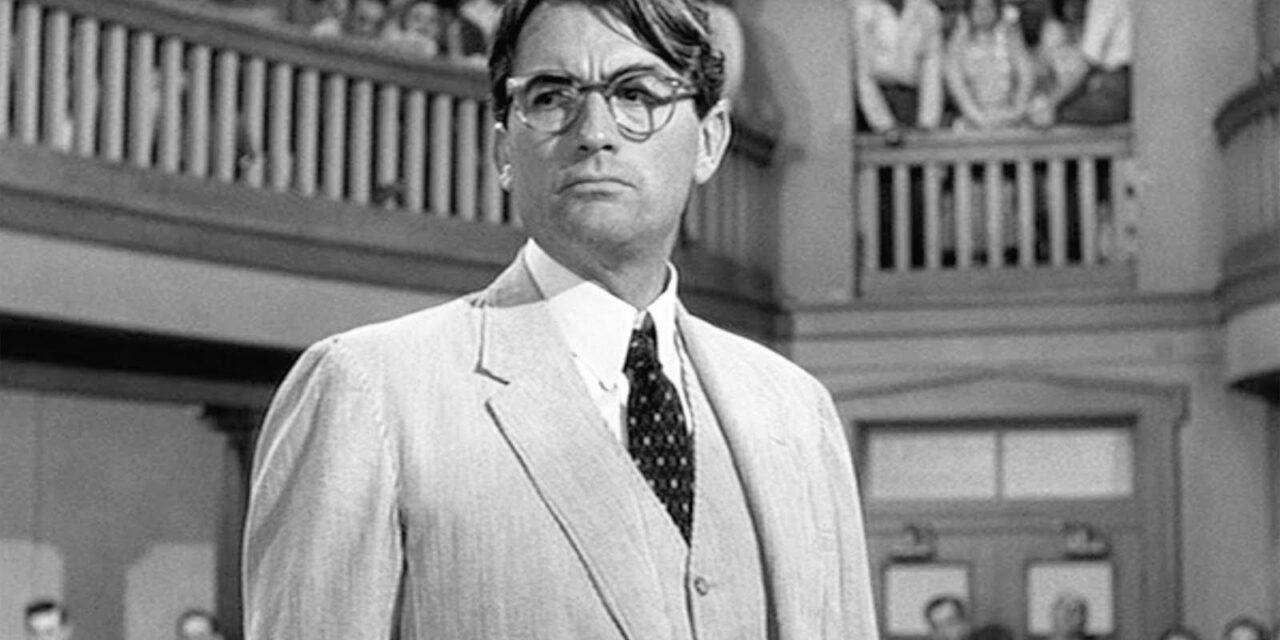The Washington Post has an interesting article by Hannah Natanson on a major debate in a school district in Washington state about whether Harper Lee’s To Kill A Mockingbird should be required reading for ninth graders. The novelty of the debate is that it was teachers rather than parents who brought the challenge. And the challenge wasn’t that the book is too “woke” but that it is harmful to black students.
I actually like how it was resolved. The book is no longer required reading but it is permitted reading, meaning the decision on whether or not to assign it is left to individual instructors. The reason I like this outcome is because I don’t really believe in mandatory book assignments. At most, such designations should be temporary and regularly revisited. No book, no matter how good, deserves a permanent place in the curriculum.
I also think good literature is almost always painful to read. And it’s really up to the teacher to contextualize things so that students understand the purpose of that pain. That’s why I am not overly sympathetic to some of student complaints. For example, one black student said she was unmoved by the book because “because it wasn’t written about her — or for her.” But I have trouble thinking of any pieces of classic literature that were written about me and I find it very valuable to read books that were written “for” people other than myself. It forces me to see things through a different prism.
It’s true that To Kill A Mockingbird wasn’t written for a black audience except, perhaps, in the larger sense that it advocates for black rights. But then Martin Luther King Jr.’s Letter from a Birmingham Jail wasn’t written for a black audience either. It was written to eight white southern religious leaders. Should black students not read King’s letter because it wasn’t written for them? Much of what King wrote was an effort to make a sympathetic white audience understand how their support was inadequate, and the learning really comes from seeing what King found necessary to explain. Likewise, Harper Lee shows how difficult it was for whites to stand up for black rights. Atticus Finch needed uncommon courage, and the lesson was that this courage was correct, heroic and, most importantly, required.
Another complaint from both students and teachers was that the black characters in To Kill A Mockingbird are “two-dimensional” and the book “centers on whiteness” and “presents a barrier to understanding and celebrating an authentic Black point of view in Civil Rights era literature.”
On this score, I’d agree that To Kill A Mockingbird is not suitable for the purpose of teaching a black point of view of the Civil Rights era or of representing black literature. If it is used for primarily for historical instruction, it needs to be supplemented with other reading and black literature obviously has black authors. This is one reason why I don’t think To Kill A Mockingbird should be mandatory reading, especially in perpetuity. On its own, however, it is not a barrier to learning anything.
It’s an excellent piece of literature, but it’s not essential. I don’t think anything is essential. Teachers should assign it if they want to, but they shouldn’t be forced to assign it.







